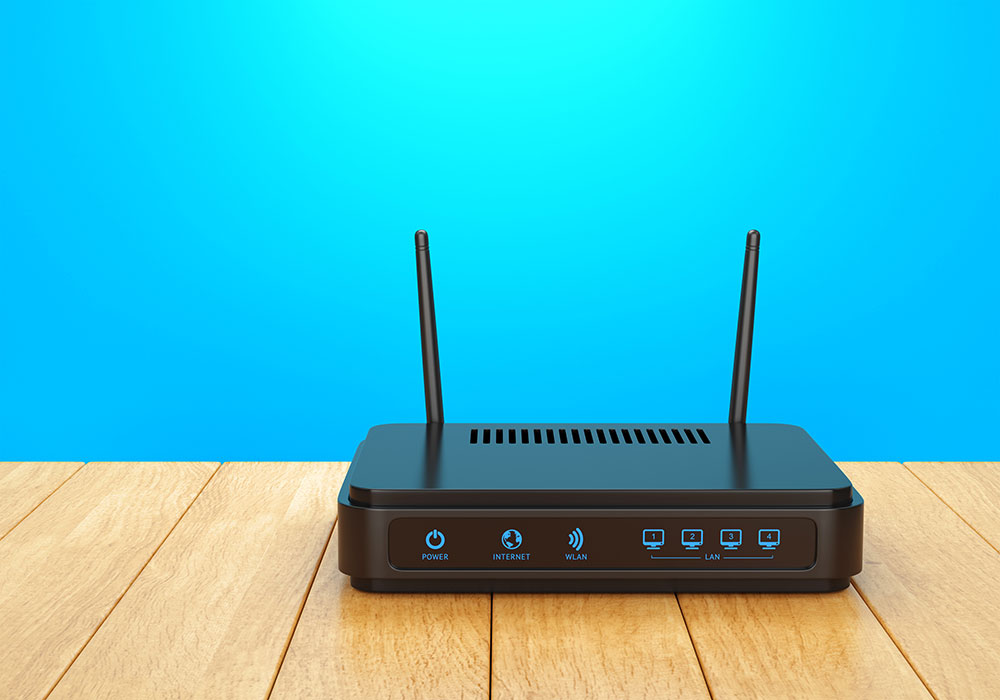How the Internet of Things Is Generating Privacy Concerns
The Internet of Things (IoT) continues to revolutionize how we interact with technology. However, the growing integration of smart devices into daily life raises significant concerns about privacy and data security. This article delves into the privacy implications of the IoT, exploring risks, ethical considerations, and potential safeguards.
The Promise of the Internet of Things
In a connected world, IoT devices are designed to enhance convenience and efficiency. From smart vacuum cleaners that autonomously navigate homes to fitness trackers monitoring health, these technologies save time and simplify life. For instance:
- Smart Home Appliances: Devices like robot vacuum cleaners learn household layouts, avoid obstacles, and even recharge themselves.
- Wearable Devices: Smartwatches and fitness trackers monitor heart rate, track steps, and even answer calls.
These innovations offer substantial benefits to working parents, busy professionals, and tech enthusiasts. Yet, beneath the surface lies a complex web of potential vulnerabilities.
Explore how IoT is transforming education with smart campuses.
Privacy Risks in a Smart World
Despite their benefits, IoT devices collect vast amounts of data, raising serious privacy issues:
- Surveillance Capabilities: Devices like robot vacuum cleaners can listen to conversations, map living spaces, and analyze household dynamics. This data is often valuable for marketers but poses ethical dilemmas.
- Cybersecurity Threats: Hackers can exploit IoT devices, gaining access to sensitive information like family routines, personal discussions, and even physical layouts of homes. These breaches can lead to cyberstalking, blackmail, and other forms of exploitation.
The College of Policing in the UK warns that IoT technology could enable unprecedented forms of coercive control and cyberstalking.
Stay informed with updates on Regent OpenAI’s latest breakthroughs.
IoT and Ethical Dilemmas
Beyond security breaches, IoT devices raise ethical questions:
- Data Exploitation: Health data from wearables could influence insurance premiums. For instance, insurers may monitor habits such as smoking or diet choices, leading to discriminatory practices.
- Social Credit Systems: IoT data could enable governments to profile individuals, potentially influencing their financial and social opportunities. In China, such systems already assess citizens based on their activities and behaviors, affecting their access to loans and other privileges.
These examples underscore the need for robust legislation and ethical guidelines to protect users.
Read about the ethical dilemmas of ChatGPT and higher education.
Balancing Convenience and Privacy
As IoT adoption grows, so does the need for privacy-conscious practices. Governments, tech companies, and users must work together to ensure:
- Data Security: Strengthened cybersecurity measures to prevent unauthorized access.
- Transparency: Clear communication about how data is collected, stored, and used.
- Legislation: Comprehensive laws to regulate data collection and protect consumer rights.
Ultimately, the trade-off between convenience and privacy will depend on individual choices and societal priorities.
Discover the top in-demand jobs shaping the future.
Conclusion
The Internet of Things promises a world of convenience and connectivity, but it comes with significant privacy risks. By understanding these challenges and advocating for responsible use, we can strike a balance between embracing innovation and safeguarding personal data.
Learn more about privacy policies and practices at Regent.
Frequently Asked Questions
1. What is the Internet of Things (IoT)?
The IoT refers to a network of interconnected devices that collect and share data via the internet. These devices include smart home appliances, wearable technology, and more.
2. What are the primary privacy concerns with IoT?
Key concerns include unauthorized data collection, hacking, and misuse of personal information by third parties or governments.
3. How can I protect my privacy while using IoT devices?
You can safeguard your data by using strong passwords, enabling two-factor authentication, and keeping devices updated with the latest security patches.
4. What role do governments play in IoT privacy?
Governments can implement and enforce laws to regulate data collection and protect user rights while encouraging ethical practices among companies.
5. Is IoT data used for profiling individuals?
Yes, IoT data can be used for profiling by organizations and governments, influencing decisions on insurance, credit, and even social status.
Stay updated on how IoT is shaping the future of technology.


